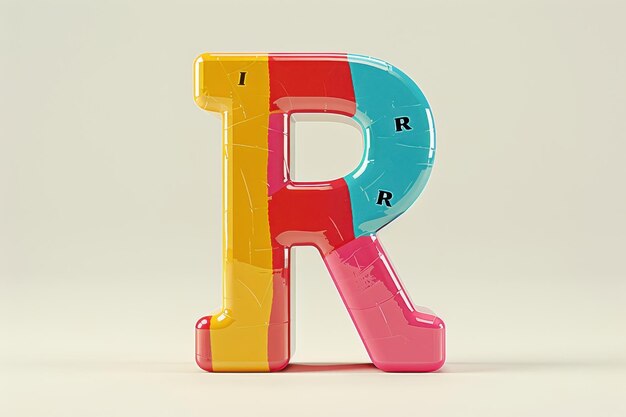
Declining testosterone levels in men can happen for various reasons, and testosterone replacement therapy (TRT) might be the solution. While exercise can help boost testosterone, it sometimes isn’t enough. So, it’s worth checking out if TRT could be suitable for you and how it can assist.
Various factors like an illness or injury to the testicles, or certain medications, can lead to lower testosterone levels. Some men face these symptoms as part of the natural aging process, while others might experience them after brain injuries affecting the hypothalamus.
Before opting for testosterone replacement therapy, it’s crucial to get tested thoroughly. Although hormone replacement therapy is trending among high-performing men and appears to be the perfect fix, consulting an expert, such as those from Male Excel, to guide you on the appropriate supplements and doses is advisable.
Testosterone plays a role in building muscle mass and distributing fat. Hormone imbalances can result in softer muscles and problems in gaining bulk and strength. Even with intense resistance training, you might not see the results you desire. For some men, a drop in testosterone can increase fat in the belly and chest, a condition called gynecomastia.
These concerns are significant for athletes looking to enhance their performance. Testosterone replacement therapy could be the answer. Healthy testosterone levels are linked to cardiovascular health, and hormone replacement can help improve blood vessel function and circulation, potentially lowering blood pressure and improving LDL cholesterol levels.
When combined with a nutritious diet and exercise, testosterone therapy can help prevent Metabolic Syndrome and reduce the risk of Type II diabetes.
Lower testosterone levels can also impact mental functions. This is another reason many high-performing men choose hormone replacement therapy. Cognitive skills, memory, concentration, and spatial awareness can all suffer from low testosterone. Mood changes, lack of motivation, and reduced self-confidence are other symptoms that treatment can address.
Just like women, men can develop osteoporosis due to hormone imbalances, leading to weaker and more brittle bones. This can make them more prone to fractures. Long-term corticosteroid use for joint pain can also lower testosterone levels. As men age, they may notice a slight loss of height, which testosterone replacement therapy can help counteract.
Reduced libido and erectile dysfunction are often linked to hormonal imbalances. Low testosterone levels during puberty can lead to incomplete sexual development, known as eunuchoidism, which requires supplements for correction. Some men may lack spontaneous erections or experience poor erection quality.
Difficulty in conceiving could also be related to hormone imbalance. Low testosterone levels can lead to very low or nil sperm counts. Some men might also notice shrinking testicles. These issues can be treated with testosterone replacement therapy.
Feelings of fatigue and loss of stamina affecting daily activities might also indicate declining hormones. Symptoms like hot flushes, excessive sweating, depression, and insomnia can be managed with supplements.
Given these challenging problems caused by hormonal imbalances, it’s understandable why high-performing men might choose hormone replacement therapy. While it’s a popular trend, traditional TRT methods do have their drawbacks due to side effects.
That’s why bio-identical hormone replacement therapy (BHRT) is recommended. BHRT uses natural, plant-based hormones specifically made to match your body’s needs. If there’s an option to minimize risk and maximize results, wouldn’t you consider it? BHRT promises positive outcomes for athletes, helping them stay on track for their next achievement.